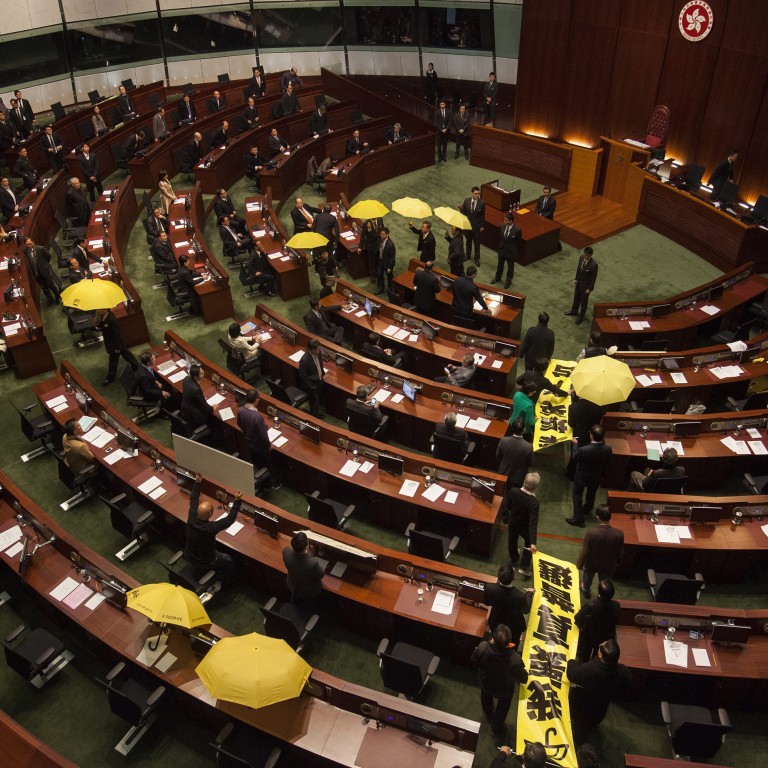
Why it is important for pan-dems to back political reforms
There are many Hongkongers who, like me, will want to read and understand the government's political reform document to be released at the end of this month.
This document will include a package of proposals to be put to the Legislative Council regarding the election of the chief executive in 2017 by five million eligible voters by "one person, one vote". And before the autumn recess, legislators will debate the proposals package, and whether to accept or reject the package (by a two-thirds majority).
As a former legislator, I hope that in the package the nominating committee has enough flexibility and balance to convince four or more pan-democratic lawmakers to change their minds and accept the government's proposals.
I also hope the nominating committee's procedures will allow for "preliminary candidates", or something similar, each to be recommended by a minimum of 150 - and capped at a ceiling of 200 - nominating committee members.
All preliminary candidates who have been accepted by the nominating committee should be given equal opportunity to present to it their political platform.
For the two or three people selected from the list of preliminary candidates by the nominating committee as election candidates, the selection process should be by secret ballot and conducted in a fair and transparent manner.
Many pan-democrats, academics and others have voiced their preference for civil nomination and other changes which are not provided for under the Basic Law and the decisions of the Standing Committee of the National People's Congress of August 31.
I believe that, in the interests of mutually good and satisfactory relations between the central authorities and Hong Kong SAR, Legco should accept the government's package by a two-thirds majority vote.
Since Hong Kong has a high degree of autonomy under the Basic Law and "one country, two systems" framework, the next significant step in the democratic process is to elect the chief executive in 2017 by universal suffrage, "one person, one vote", which means by five million eligible voters instead of the 1,200 election committee members.
Pan-democratic lawmakers should now look at the big picture and consider the political consequences for Hong Kong and themselves should they veto the government's proposals package.
Will they be prepared to establish a pragmatic relationship with the central government based on mutual respect, trust and willingness to work together for the further reform of Legco in 2020?

